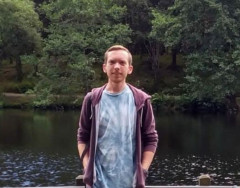5 Great Women in Mindfulness
Mar 08, 2022 — Gareth Yorke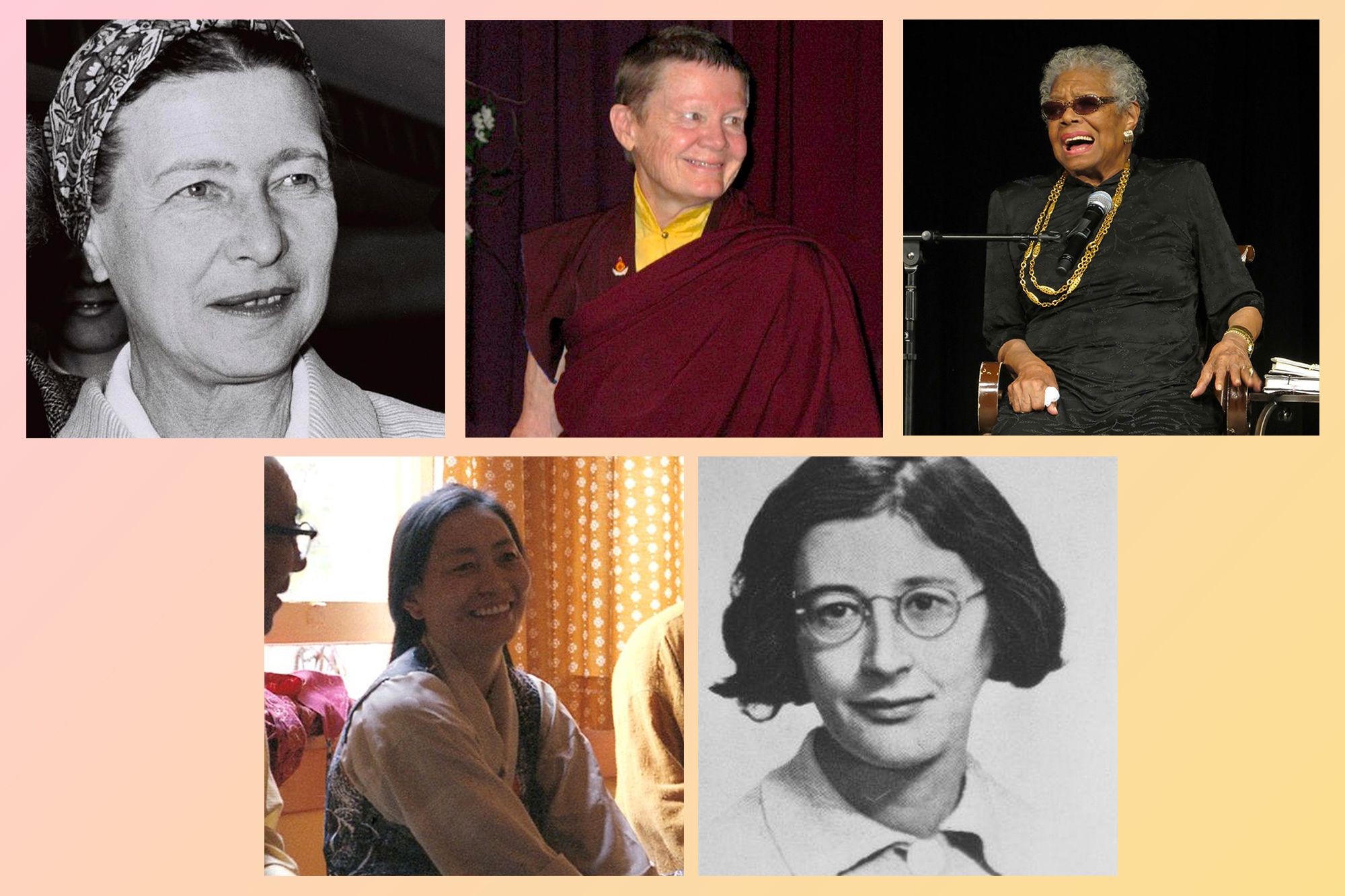
In recent years, gender equality has become an increasing priority for communities around the world. A global study by PEW Research center found that 94% of people think it is important for women to have the same rights as men. Unfortunately, the study also found that most people think that men have more freedoms than women. Respondents believe that men have more opportunities to express their political beliefs, become leaders in their communities, and get high-paying jobs.
Despite our best intentions and improvements over the last ten years, there is still work to be done. There needs to be a mindful paradigm shift away from our ingrained biases and culturally embedded stereotypes. In our day-to-day lives, our own biases can affect our behavior in ways we don’t even realize. These personal behaviors can lead to societal inequality. Meditation and mindfulness can play an important role in overcoming these subconscious tendencies.
Regular meditation trains us to notice our thoughts and feelings more objectively, and less judgmentally. This can lead to greater self-acceptance, and acceptance of others. When we become more mindful of our thinking patterns and emotions, we can learn that we don’t have to let them control us. Instead of reacting in fear, anger, or frustration, we can instead respond from a place of empathy and compassion. If emotions arise that aren’t helpful, we can simply let them go.
This is supported by scientific research. Experiments find that meditation reduces activity in the part of the brain responsible for fearful reactivity (the amygdala). This makes us less prone to biased reactions and behaviors. Another study also found that meditation leads to a decrease in bias against stigmatized groups.
This demonstrates that when we think and act more mindfully we can help create the kind of world we want to live in. One that’s fairer, more equal, and more compassionate. We can help to mindfully steer things in the right direction by celebrating the great things accomplished by the groups that tend to face inequality in our communities.
To celebrate International Women's Day, we added five new sessions to the Great Thinkers pack on Medito, based on quotes from some of the most influential women in mindfulness. If you haven't already downloaded Medito, get it now for free.
Here are five amazing women who have contributed to making the world a more mindful place, and some of the important lessons we can learn from them.
Simone De Beauvoir
(Born: 9 January 1908, Died: 14 April 1986)
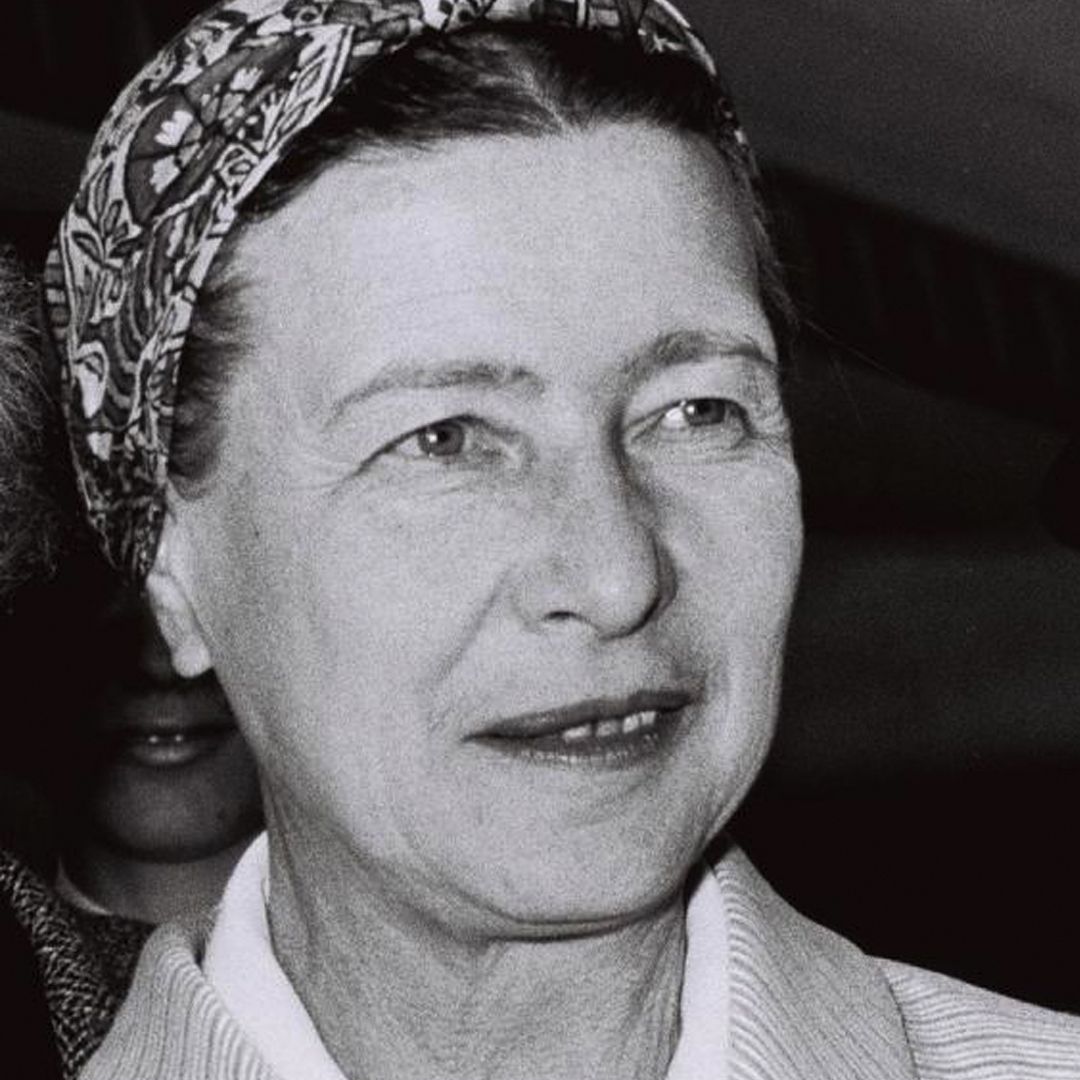
Cropped version of "Jean-Paul Sartre, Simone de Beauvoir, Avraham Shlonsky and Leah Goldberg" by Government Press Office (GPO) is marked with CC BY-NC-SA 2.0.
Simone De Beauvoir was a French author, philosopher and social theorist. Her contributions to the fields of ethics, existentialism, and feminism endure to this very day. Her work critiqued the patriarchy and challenged political and societal views that classed women as the inferior sex. De Beauvoir once said:
"One's life has value so long as one attributes value to the life of others, by means of love, friendship, indignation and compassion."
De Beauvoir recognized the importance of compassion for others in bringing value to one's own life. This is a fundamental aspect of living a mindful and contemplative life. When we cultivate love, kindness, and empathy, we create space that helps us to become happier and more fulfilled. This allows us to connect more fully with the world around us. Loving-kindness meditation can be a powerful tool to help develop this kind of compassionate mindset.
Pema Chödrön
(Born: 14 July 1936)
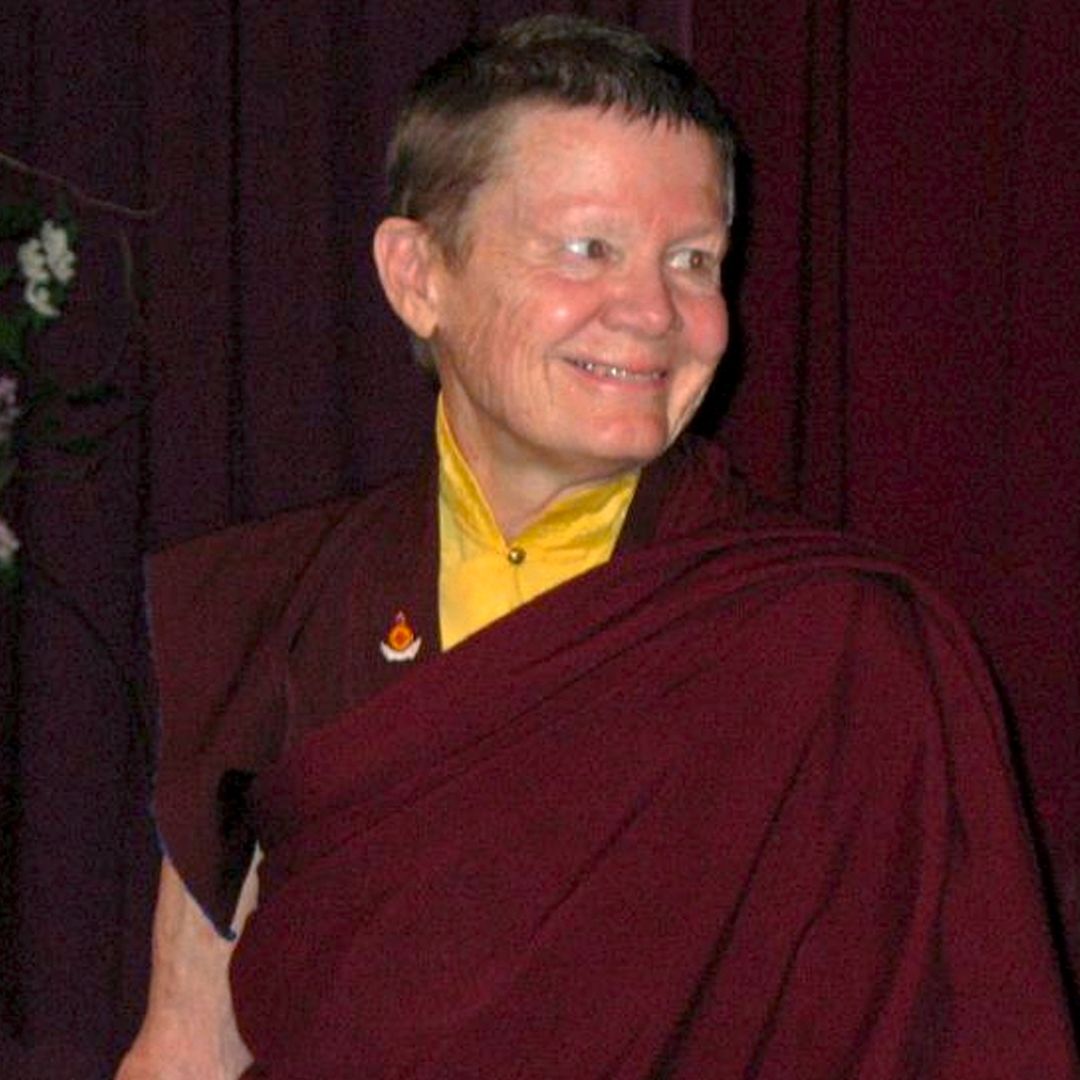
"Ani Pema Chödrön" by albill is marked with CC BY-NC-SA 2.0.
Pema Chödrön, an author and Buddhist teacher, was the first American in the Vajrayana tradition to become a fully ordained nun. She said:
"We work on ourselves in order to help others, but also we help others in order to work on ourselves."
In this quote, Chödrön highlights the key role that mindfulness plays in living a compassionate life. Through meditation, we can learn to cultivate a mindset of kindness and tolerance. This is, as Chödrön points out, an active rather than a passive approach. When we learn to observe and listen more mindfully, without judgment, we open up the space for a more empathetic frame of mind.
Maya Angelou
(Born: 4 April 1928, Died: 28 May 2014)
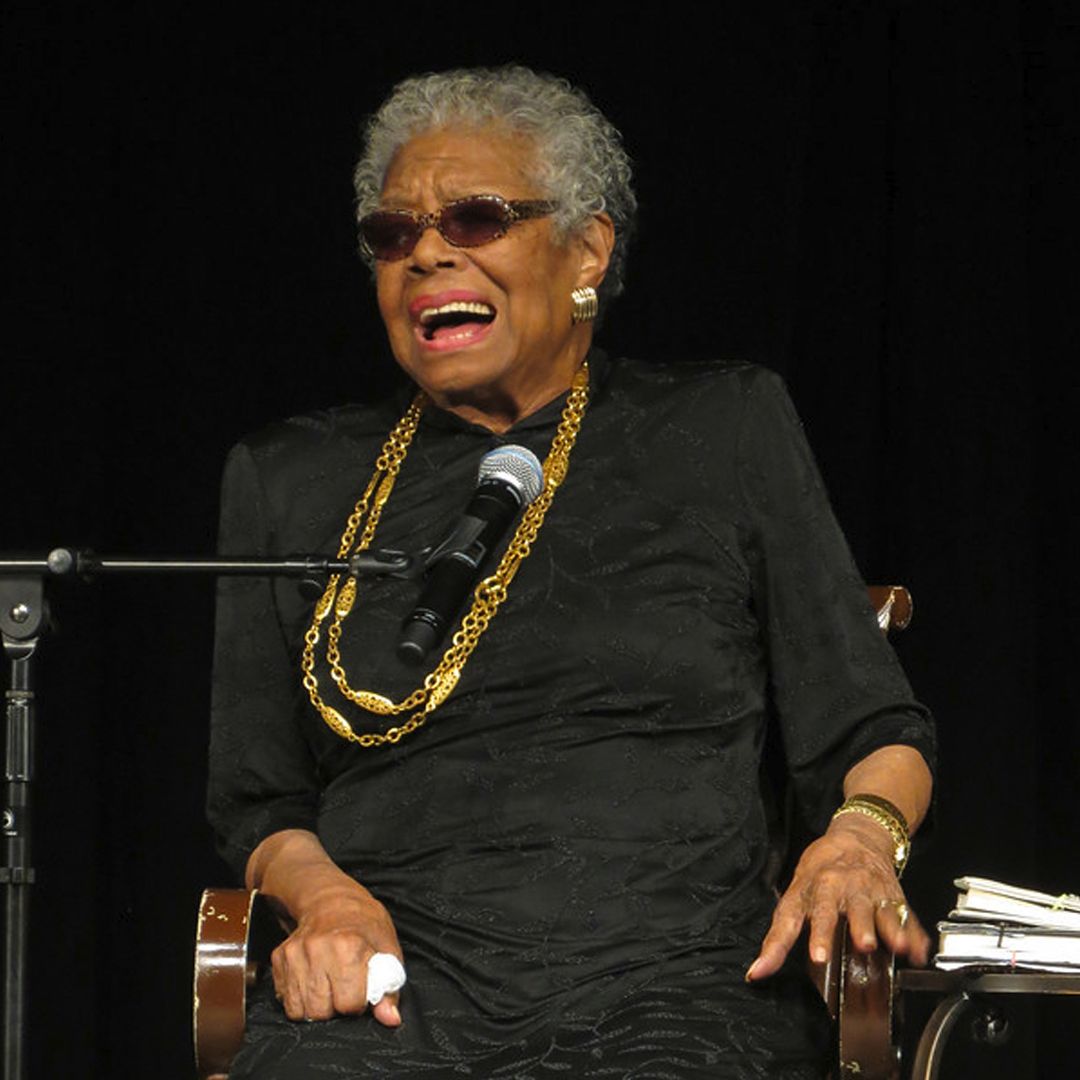
"Maya Angelou visits YCP! 2/4/13" by York College ISLGP is marked with CC BY 2.0.
As well as being a singer, actress, composer, and Hollywood’s first black female director, Maya Angelou was a celebrated poet and civil rights activist. She was also a champion of LGBT rights. She once said:
"If you must look back, do so forgivingly. If you must look forward, do so prayerfully. However, the wisest thing you can do is be present in the present... gratefully."
With this quote, Angelou touches on an important insight. When we train ourselves to be more mindful, we can become consciously aware of our ruminations about the past, and anxieties about the future. This allows us to gently let them go. We can incorporate this insight into our lives through meditation and mindfulness. When we ground ourselves fully in the present moment, we create space for gratitude and appreciation.
Dagmola Sakya
(Born: 3 March 1934)
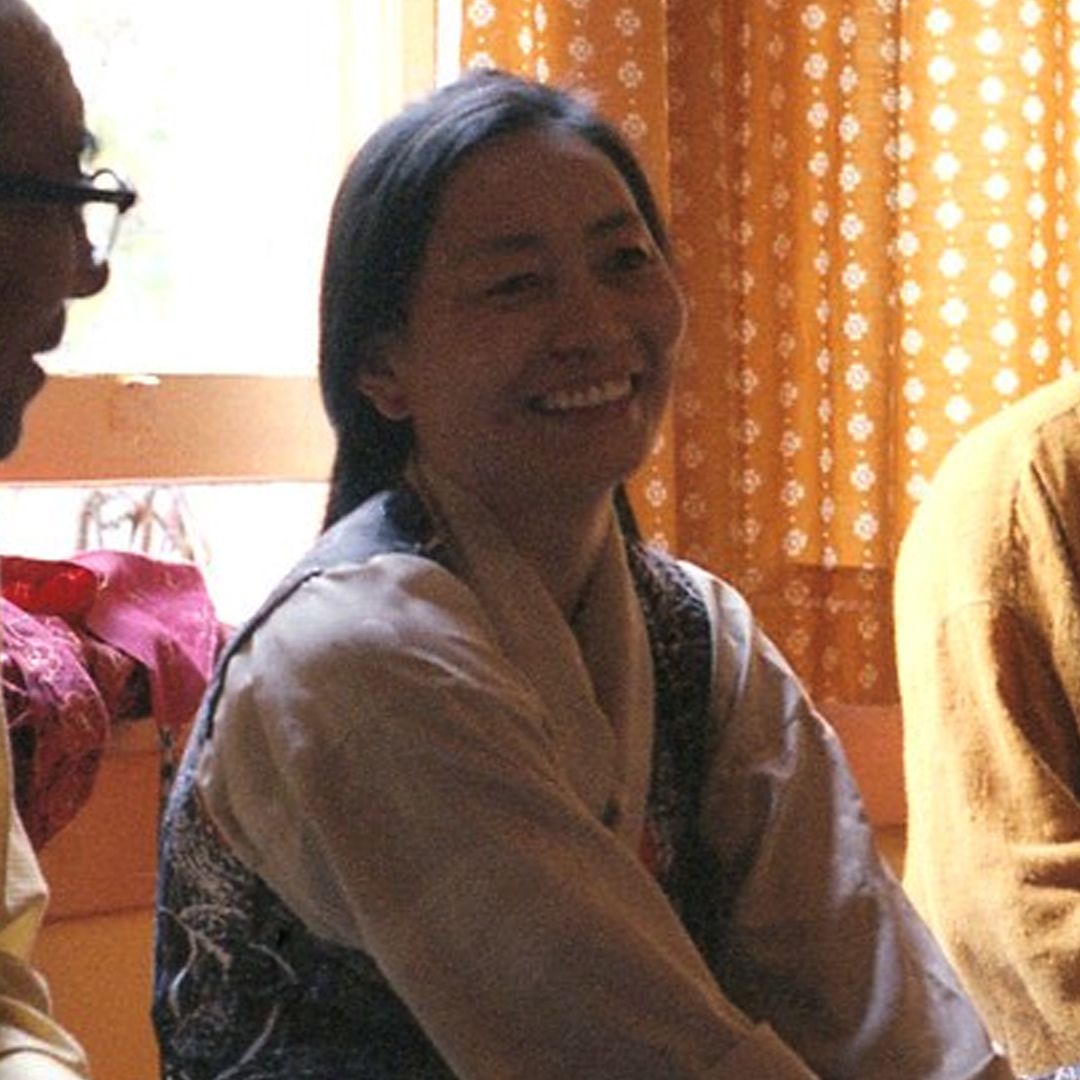
"780000 Early Sakya Tegchen Choling" by [email protected] is marked with CC BY-NC-ND 2.0).
Dagmola Sakya, one of the few female Tibetan Buddhist teachers in the world, was the first Tibetan woman ever to migrate to the US. Sakya once said:
"Practice is in everyday life, not just sitting on the cushion. Every move, every breath, every thought is practice."
Sakya was pointing out that meditation isn't just about focusing on your breath for a few minutes a day. It is about cultivating an awareness that can affect all aspects of your life. When we develop the skill of mindfulness, we can start to bring a clear intention and focus to everything that we do. We can intentionally bring mindfulness into our day-to-day lives by bringing moments of awareness into our routine. You can do it when you take a shower, or when you sit down to work or to eat. Just take a few moments to clearly notice the sensations in your body, your emotions and the sounds around you.
Simone Weil
(Born: 3 February 1909, Died: 24 August 1943)
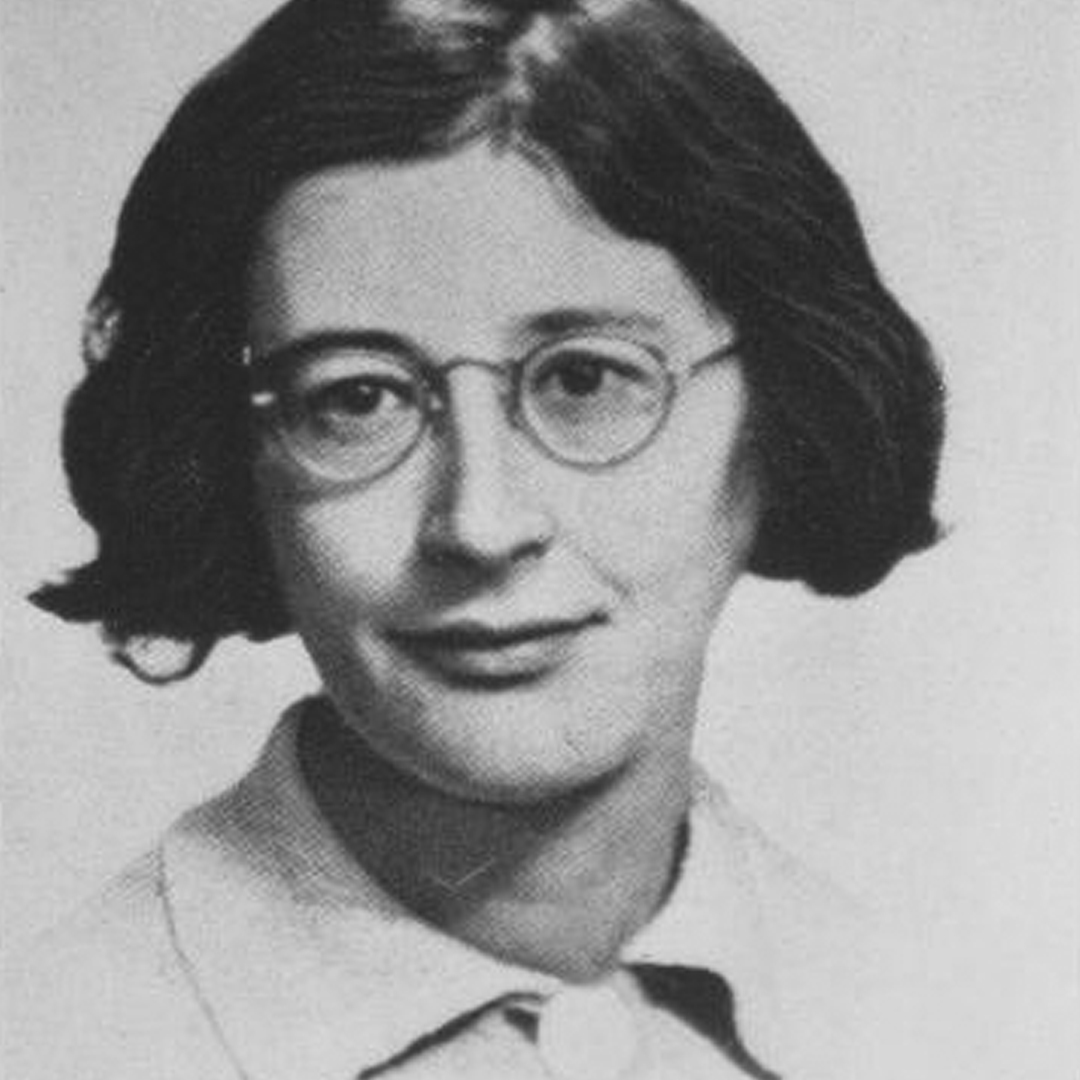
Simone Weil. Public Domain.
Simone Weil was a French philosopher and political activist, and was known for her advocacy of truth and justice. Weil once wrote:
“In struggling against anguish one never produces serenity; the struggle against anguish only produces new forms of anguish.”
In her quote, Weil points out that suffering does not stop as long as we are fighting it. Her words reflect many Eastern traditions, such as Buddhism, that teach us to process diffcult emotions with mindfulness and compassion instead of fighting them or trying to push them away. Mindfulness and compassion can help us to become more familiar with the nature of our suffering, rather than getting overwhelmed by it.
De Beauvoir, Chödrön, Angelou, Sakya and Weil came from different backgrounds, but they had something very important in common. They have promoted equality, fairness, mindfulness, and compassion. All human beings, as social animals, have an innate ability to empathize with others. Mindfulness can help us to develop this ability so that it permeates our lives and enhances our relationship with the world around us.
You can listen to the five 'Great Thinkers' meditation sessions based on quotes from these great women now on Medito.
